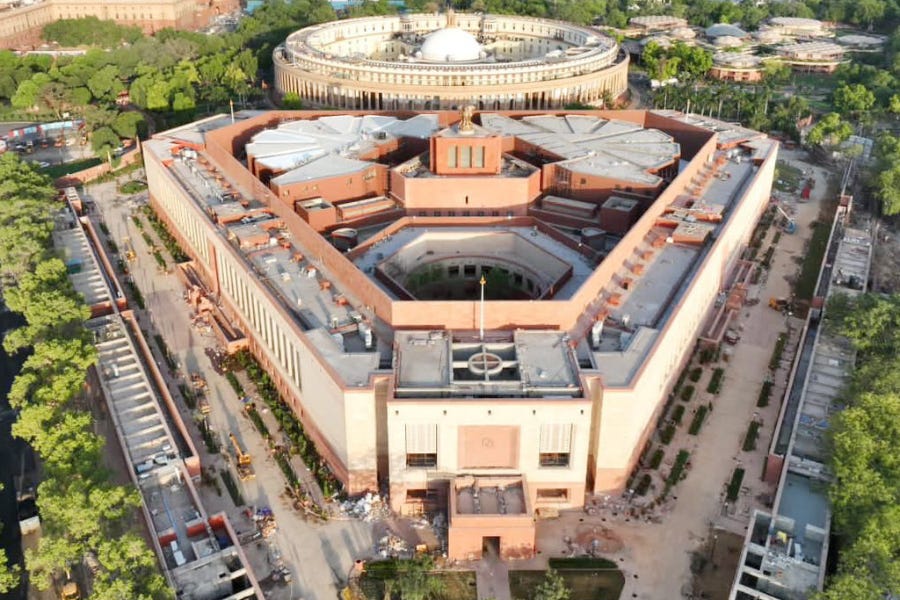Why did India’s bishops back a bill opposed by Muslim leaders?
A short statement from the country's bishops’ conference has caused large ripples across the country.
The Catholic Bishops’ Conference of India issued a short statement Monday that caused large ripples across the country.

The CBCI expressed support March 31 for the reform of regulations governing Islamic charitable endowments, arguing that some p…
